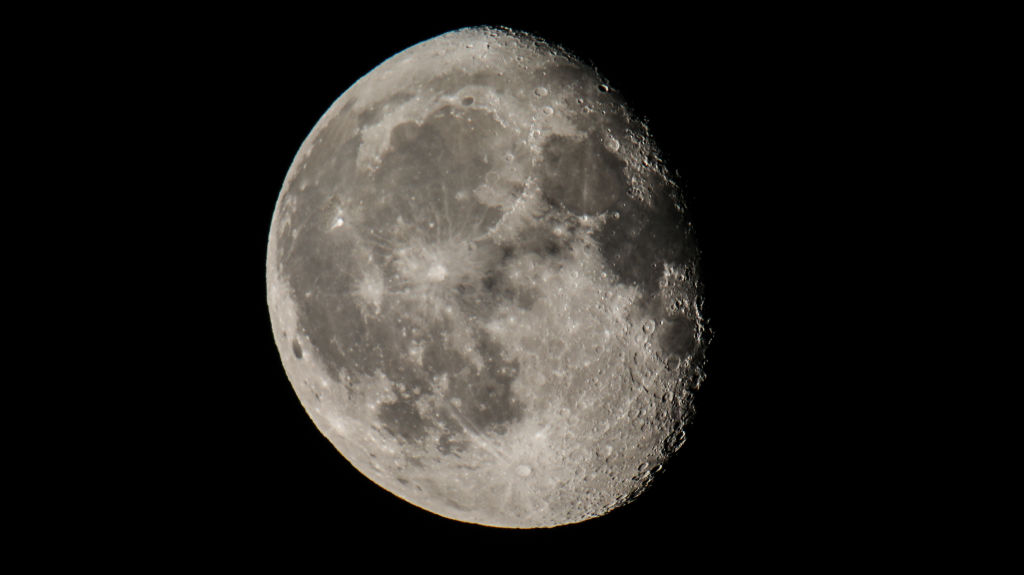Could moon dust be used to bring down Earth's temperatures?


A free daily email with the biggest news stories of the day – and the best features from TheWeek.com
You are now subscribed
Your newsletter sign-up was successful
Would dust from the moon help combat climate change?
That's what a group of scientists proposed in a study published Wednesday. The research found that dust from the moon could serve as a barrier between the Earth and the sun, potentially reducing the amount of sunlight by 1 to 2 percent or 6 days worth per year, reports The Washington Post. As a result, the planet's temperature could be brought down from the outside.
The idea is still primarily conceptual as it would require a lot of new technology to be implemented feasibly, but "it is amazing to contemplate how moon dust — which took over four billion years to generate — might help slow the rise in the Earth's temperature, a problem that took us less than 300 years to produce," remarked study co-author Scott Kenyon of the Center for Astrophysics.
The Week
Escape your echo chamber. Get the facts behind the news, plus analysis from multiple perspectives.

Sign up for The Week's Free Newsletters
From our morning news briefing to a weekly Good News Newsletter, get the best of The Week delivered directly to your inbox.
From our morning news briefing to a weekly Good News Newsletter, get the best of The Week delivered directly to your inbox.
Along with the technology, there are also logistical issues to consider. The dust needs to be deposited in exactly the right place and would need to be replenished every few days, reports The Independent. Stuart Haszeldine from the University of Edinburgh describes it as "like trying to balance marbles on a football." The other issue is the sheer amount needed each time to be effective: 10 billion kilograms (22 billion pounds) of dust, the Post continues.
Strides should still be taken to reduce greenhouse gas emissions, according to the study's lead author Ben Bromley. "Our idea is one — and it's a very, very intensive one — to contribute to climate change mitigation, if we need more time here at home." Other scientists view the proposal as a distraction from tackling the issues on Earth.
"Perhaps the main problem," said Joanna Haigh, emeritus professor of atmospheric physics at Imperial College London, "is the suggestion that implementation of such schemes will solve the climate crisis whereas it just gives the polluters an excuse not to act."
A free daily email with the biggest news stories of the day – and the best features from TheWeek.com
Devika Rao has worked as a staff writer at The Week since 2022, covering science, the environment, climate and business. She previously worked as a policy associate for a nonprofit organization advocating for environmental action from a business perspective.
